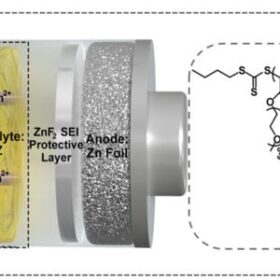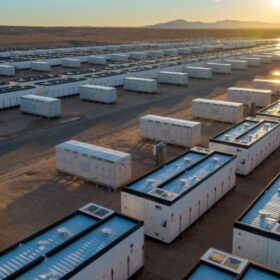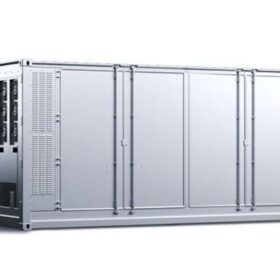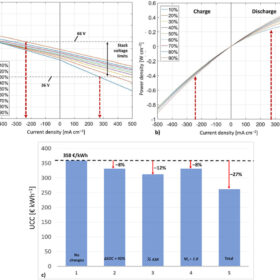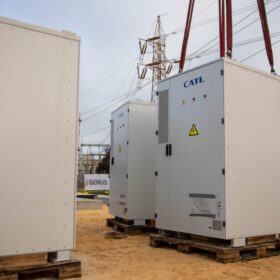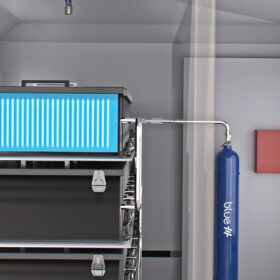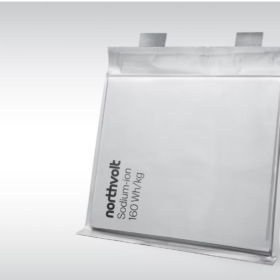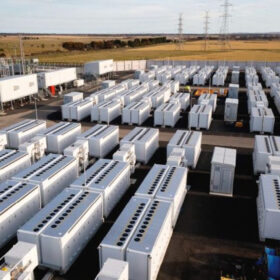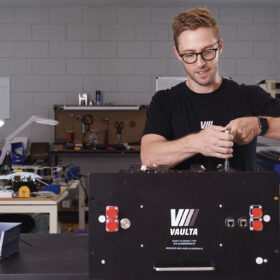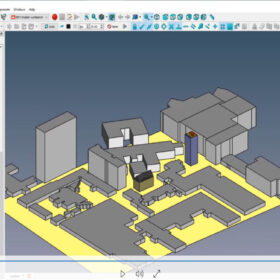UQ research boosts performance of solid state zinc batteries
Researchers from the University of Queensland have developed a new class of solid electrolytes for rechargeable aqueous zinc-iodine batteries, which has allowed for extended lifespan and high efficiency.
IEA calls for sixfold expansion of global energy storage capacity
The International Energy Agency has issued its first report on the importance of battery energy storage technology in the energy transition. It has found that tripling renewable energy capacity by 2030 would require 1,500 GW of battery storage.
CATL unveils first mass-producible battery storage with zero degradation
China-based Contemporary Amperex Technology Co. (CATL) has launched its new TENER energy storage product, which it describes as the world’s first mass-producible 6.25 MWh storage system, with zero degradation in the first five years of use.
Evaluating profitability of vanadium flow batteries
Researchers in Italy have estimated the profitability of future vanadium redox flow batteries based on real device and market parameters and found that market evolutions are heading to much more competitive systems, with capital costs down to $430/kWh at a storage duration of 10 hours.
CATL: Staying on top of the battery game
For the seventh year in the row, China-based Contemporary Amperex Technology Co. (CATL) looks set to claim the title of the world’s biggest battery maker. There are a number of reasons why it continues to maintain its lead in the electric vehicle (EV) and battery energy storage system (BESS) markets.
New solution to suppress battery storage fire, thermal runaway unveiled by Fike
Fike Corp., a US industrial-hazard protection specialist, has launched Fike Blue, a tested, patented solution that suppresses battery fires and stops cascading thermal runaway.
Northvolt unveils 160 Wh/kg sodium-ion battery
Swedish battery maker Northvolt has developed its first sodium-ion battery. The cell has been validated for an energy density of more than 160 Wh/kg and is designed for energy storage applications.
Weekend read: Australia’s big BESS, big bet
As Australia’s big battery fleet continues to charge ahead, the battery revenue stack is evolving – and so are financing opportunities.
Weekend read: Australia-made batteries for easier repair, recycling
Brisbane-based Vaulta has developed a lighter, smaller battery casing with fewer parts, which makes it easier to assemble modules and repair faulty components. CEO Dominic Spooner argues that the company’s patented technology has the potential to significantly reduce battery waste.
RMIT software tool unlocks BIPV design
RMIT University in Australia has developed new software that integrates product, regulation, technical, economic, and construction data. It helps architects and engineers to estimate the cost of building-integrated photovoltaics (BIPV) during the conceptual design phase.

